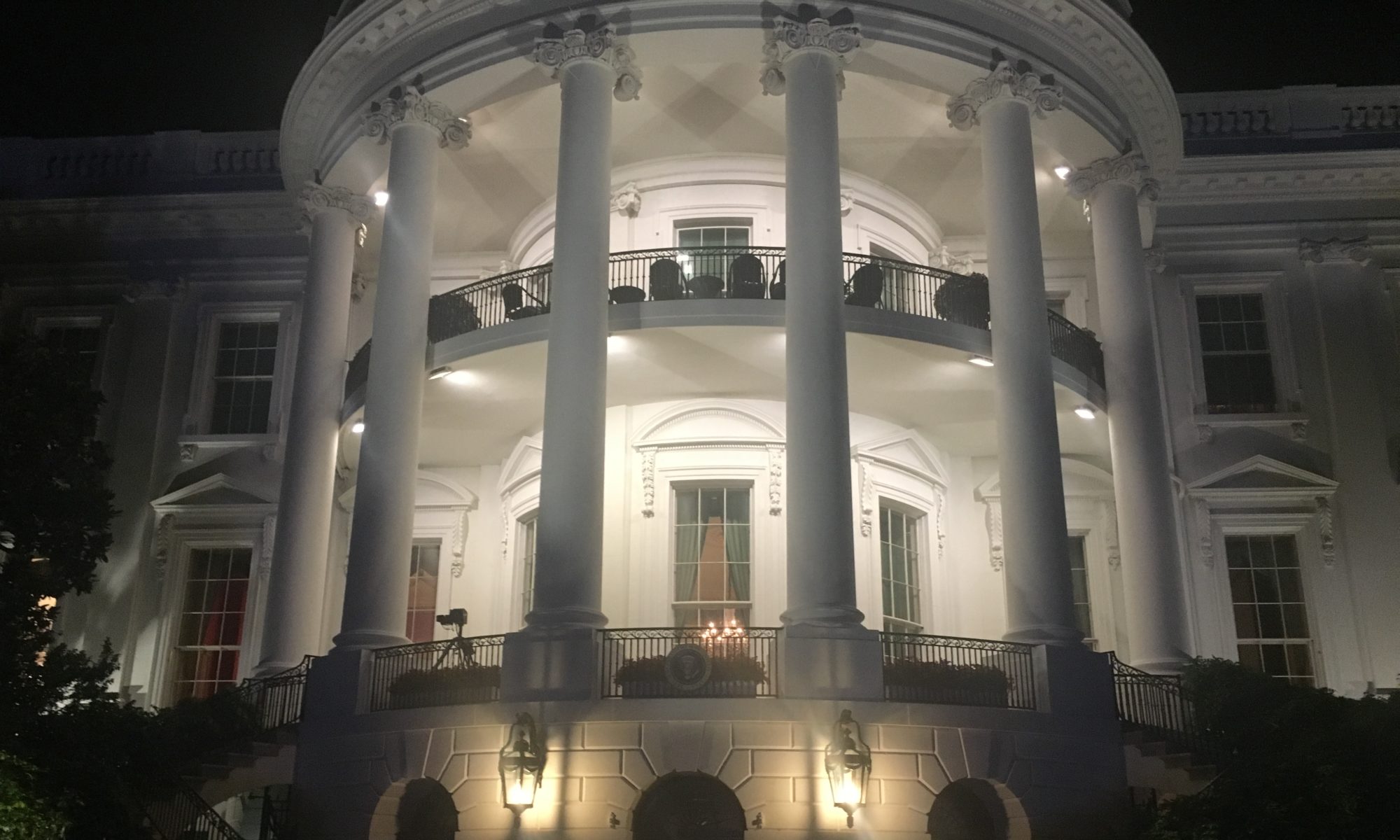September 2, 2021
Tuesday marked the end of America’s twenty-year misadventure in Afghanistan. After twenty years, trillions of dollars and thousands of Afghan and American lives lost, the only ones who have profited are military contractors and corrupt officials. Many Americans are justifiably worried about what fate awaits Afghan women and girls, or of the translators and other Afghan citizens who helped us under the Taliban, but the very threat that the Taliban poses in Afghanistan, is posed to Americans by a radicalized right wing minority eager to usher in authoritarianism.
Hyperbole? Consider S.B. 8, the law that took effect in Texas yesterday. It not only bans abortions beyond six weeks after conception, but creates a cause of action against anyone who helps a woman secure an abortion after six weeks, from doctors to clinic staff to Uber drivers who provide transportation, (Source: “Supreme Court, Breaking Silence, Won’t Block Texas Abortion Law,” by Adam Liptak, J. David Goodman and Sabrina Tavernise, The New York Times, 9/1/21).
The new law is simultaneously cowardly and barbaric. Cowardly, because it offloads enforcement of the law to an army of faceless anti-abortion crusaders who do not need to have “any connection to the abortion,” and need not even live in the state of Texas to bring a lawsuit which can garner them $10,000, plus their legal fees, if they win. Yet the law does not entitle defendants to their legal fees if they prevail (ibid)!
Barbaric, because the legislature knows that this law will outlaw most abortions, since 85% of abortions are performed after the six week point. Barbaric, because the law contains no exception for rape or incest, compelling women who have already been hideously violated to choose between a life of misery or a back alley abortion.
The Texas legislature designed S.B.8 to evade judicial review by delegating its enforcement. Last night a majority of the Supreme Court took this easy off ramp and declined to issue a stay, imperiling the Constitutional rights of thousands of women. Even worse, the one paragraph decision was issued without the benefit of full briefing or arguments, as it arose from the Court’s ever expanding “shadow docket.”
The majority’s decision was so stunningly irresponsible that each of the four dissenting justices issued an opinion, from Chief Justice John Roberts to Justice Sonia Sotomayor, with the three liberal justices all joining one another’s opinions. As Justice Breyer stated, the Court should have stayed enforcement of the Texas law because “a State cannot delegate veto power [over the right to obtain an abortion] which the state itself is absolutely and totally prohibited from exercising during the first trimester of pregnancy,” (Source: “Whole Woman’s Health v. Austin Reeve Jackson, Judge, et al, 594 U.S.___, (2021), Breyer, J., dissenting).
Although Justice Sotomayor’s scathing dissent notes that the majority “silently acquiesced in a state’s enactment of a law that flouts nearly 50 years of federal precedents, (ibid, Sotomayor, J. dissenting), the reality of what the Court did was far worse. It ignored a bedrock legal principle that goes back to the seminal case of Marbury v. Madison (1803), that “where a legal right is ‘invaded’ law provides a legal remedy by suit or action at law, (ibid, Breyer, J. dissenting, quoting Marbury).
It is no accident that the effective date of S.B. 8 comes one day after the Republican led Texas legislature succeeded in passing its most sweeping voter suppression bill yet. The new bill prohibits drive-through voting, 24 hour voting and sending unsolicited absentee ballots. Most ominously, it “empowers partisan poll watchers [and] creates new criminal and civil penalties for poll workers,”(Source: “Texas G.O.P. Passes Election Bill, Raising Voting Barriers Even Higher,” by J. David Goodman, Nick Corasantini and Reid J. Epstein, The New York Times, 8/31/21).
These laws are of a piece. Both laws strip women and people of color of fundamental Constitutional rights and impose heavy penalties on any person who would dare to help them. Both statutes codify vigilantism by empowering average citizens to enforce the deprivation of citizens’ 14th and 15th Amendment rights. These laws are breathtaking in their audacious contempt for the Constitution.
Texas is a harbinger of things to come. Every other Republican-led state is taking notes. It is long past time for Congress to get serious about passing laws that protect voting rights and a woman’s right to choose. Thinking that people of color and women can simply “out-organize” authoritarianism shows an enraging naivete and a maddening disdain for our very humanity. We can give Congress no rest until they ditch the filibuster and work to preserve democracy. We must be relentless. Those who favor fascism clearly are.
